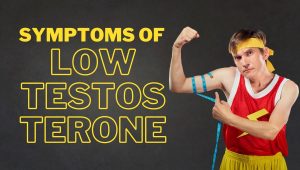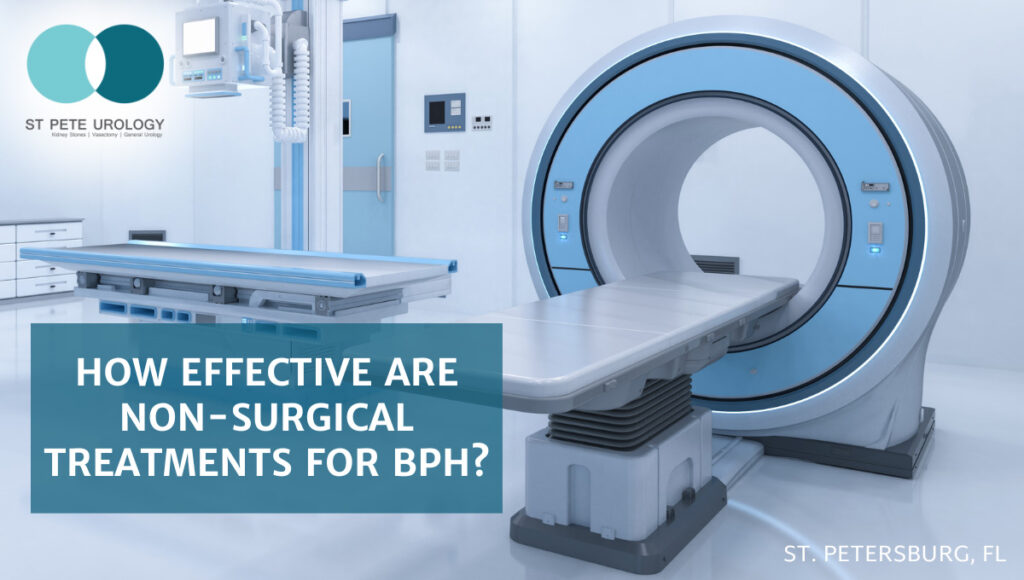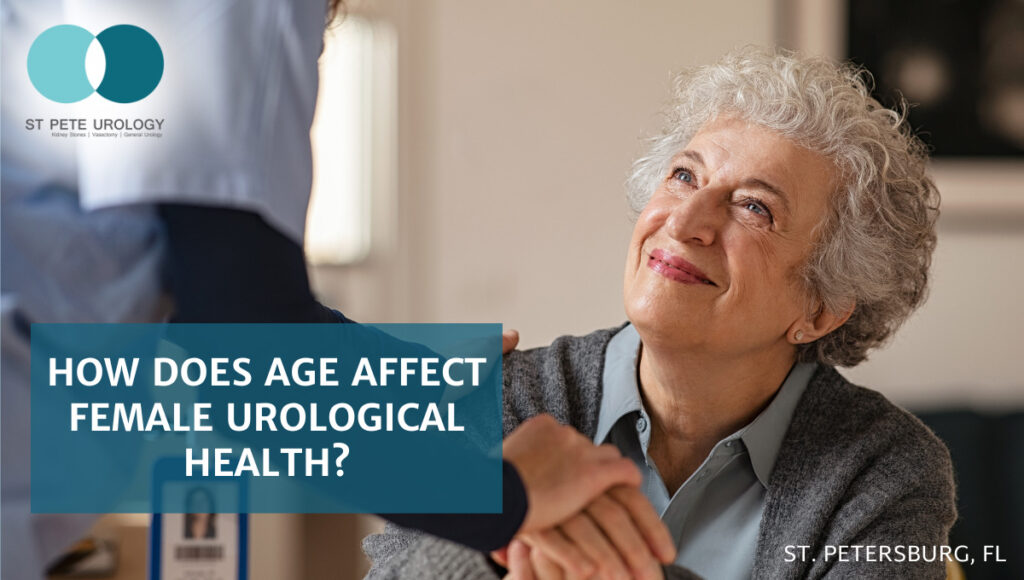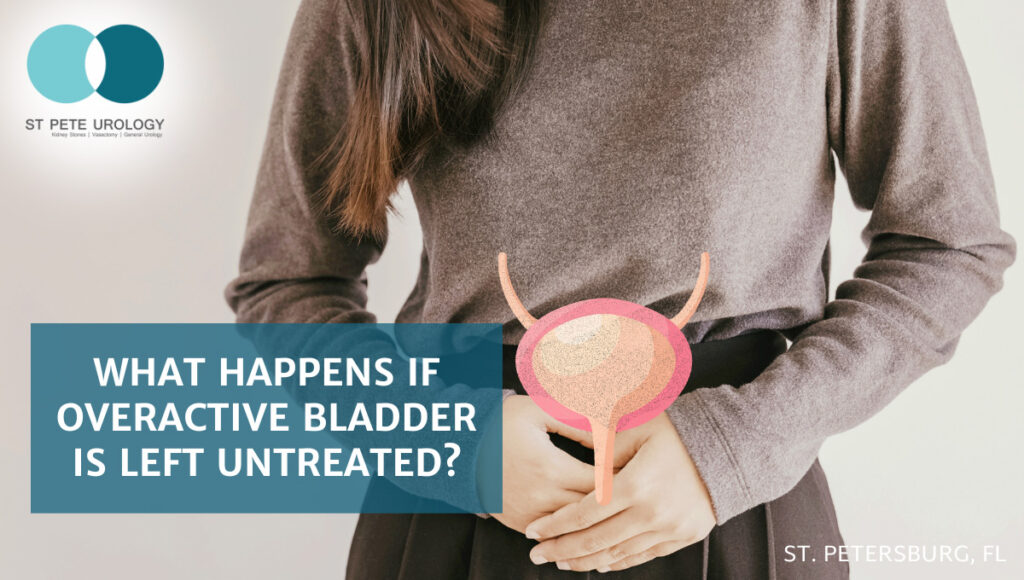

What is low testosterone?
When men have low testosterone levels, the condition is called “low-T” or hypogonadism. The bottom limit of normal testosterone in men is around 300 nanograms per deciliter (ng/dL) while the upper limit is about 900ng/dL depending on the lab. Low testosterone results in a lower-than-normal score from a blood test. Although testosterone production increases sharply during puberty, it usually decreases after age 30 at an estimated rate of 1% per year. This decrease results in low testosterone levels in about 4 out of 10 men above the age of 45, 2 out of 10 men over 60, 3 in 10 men over 70, and 3 in 10 men over 80 years of age. Nevertheless, the age at which testosterone deficiency first appears varies widely. Some men feeling great into their 70’s while a minority requires testosterone replacement therapy in their 20’s or even in their teens.
What are the symptoms of low testosterone?
- Diminished sexual function
Since testosterone is responsible for sex drive and high libido in men, a drop in hormone levels may result in a decreased desire for sex, a slightly lower sperm count, infertility, fewer and weaker spontaneous erections, increased refractory period after ejaculation and decreased sexual performance. Although erectile dysfunction (inability to achieve or maintain an erection) may not necessarily be caused by insufficient testosterone, if it accompanies low-T then hormone replacement therapy can help to treat the condition. The adverse effects of low-T should not occur suddenly. If they do, other underlying issues should be investigated and treated by a urologist or physician.
- Adverse physical changes
Since testosterone is responsible for increasing muscle mass, maintaining body and facial hair and contributing to the overall masculine form, a man with low testosterone will gradually experience physical changes. Such changes may include fragile bones, decreased strength and endurance, reduced muscle mass, increased fatigue, decreased body hair, hot flashes, tenderness or swelling in the breast tissue, frequent back pain, increased body fat, increased build-up of bad cholesterol, development of male breasts (gynecomastia) and increased risk of heart attack.
- Mental and emotional problems
Low-T can affect a man mentally and emotionally. For instance, a man with low testosterone may experience memory problems, difficulty concentrating (brain fog), sleep disturbances, frequent feelings of sadness and depression, irritability, mood swings, diminished self-confidence and reduced motivation. An accumulation of these mental and emotional challenges may degrade a man’s overall sense of well-being and adversely affect his quality of life.
Why should you see a urologist?
Men experiencing these symptoms should see a doctor for advice and treatment. The symptoms described above are not unique to low testosterone levels and could also be the normal side effects of aging or the effects of another serious condition such as thyroid malfunction, injury to testicles, testicular cancer, infection, HIV, type II diabetes, alcohol use, pituitary gland problems, genetic abnormalities affecting the testicles, or side effects of certain medications. By visiting a urologist, you will be examined, tested and treated for the correct condition causing the symptoms.
At St Pete Urology, we have skilled and experienced board-certified urologists who can give you proper advice on managing the symptoms of low-T. We will determine your testosterone level through a blood test and effectively treat the symptoms, allowing you to feel your best throughout your life. For more information on treatment of low-T, visit the St Pete Urology website.




